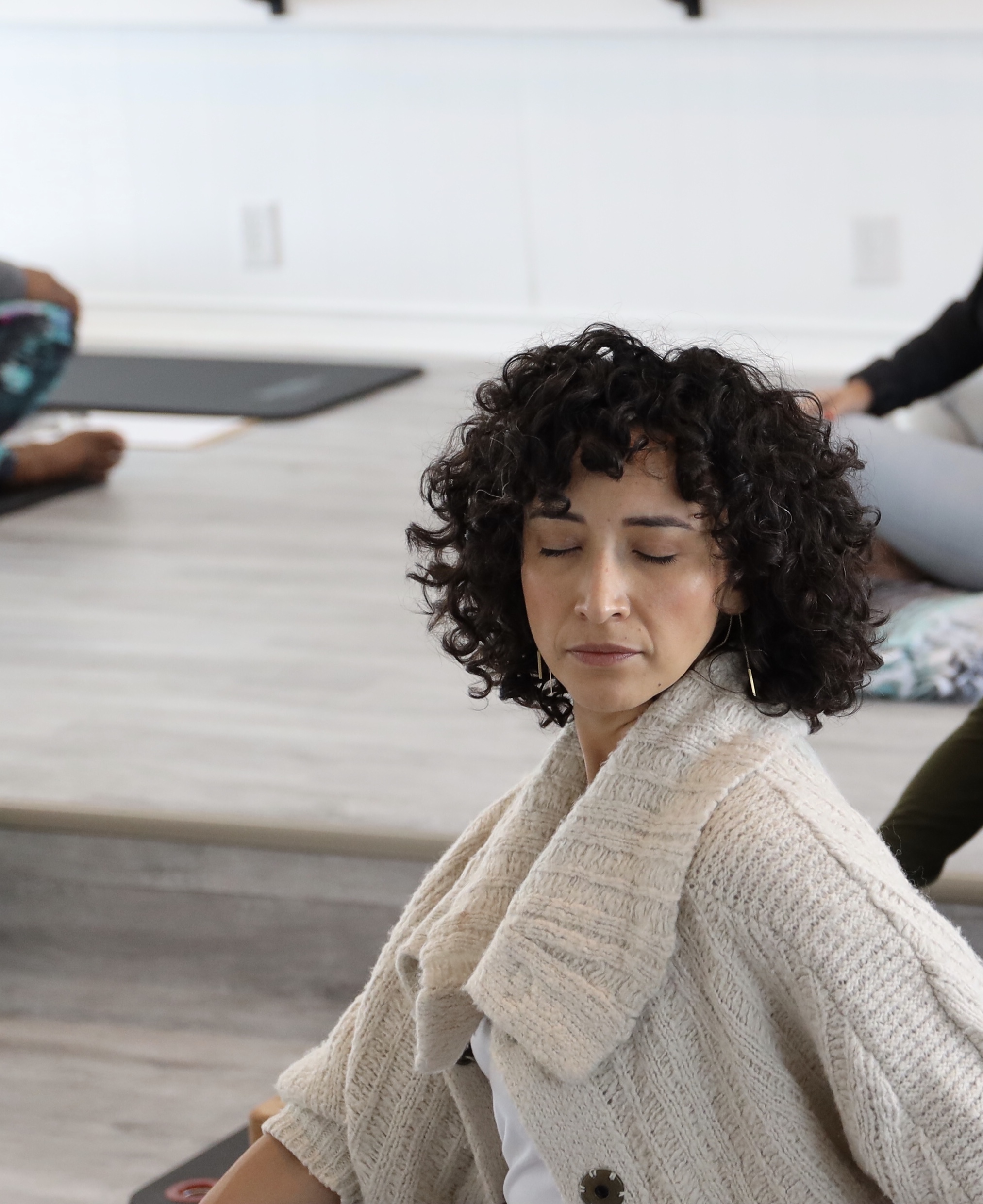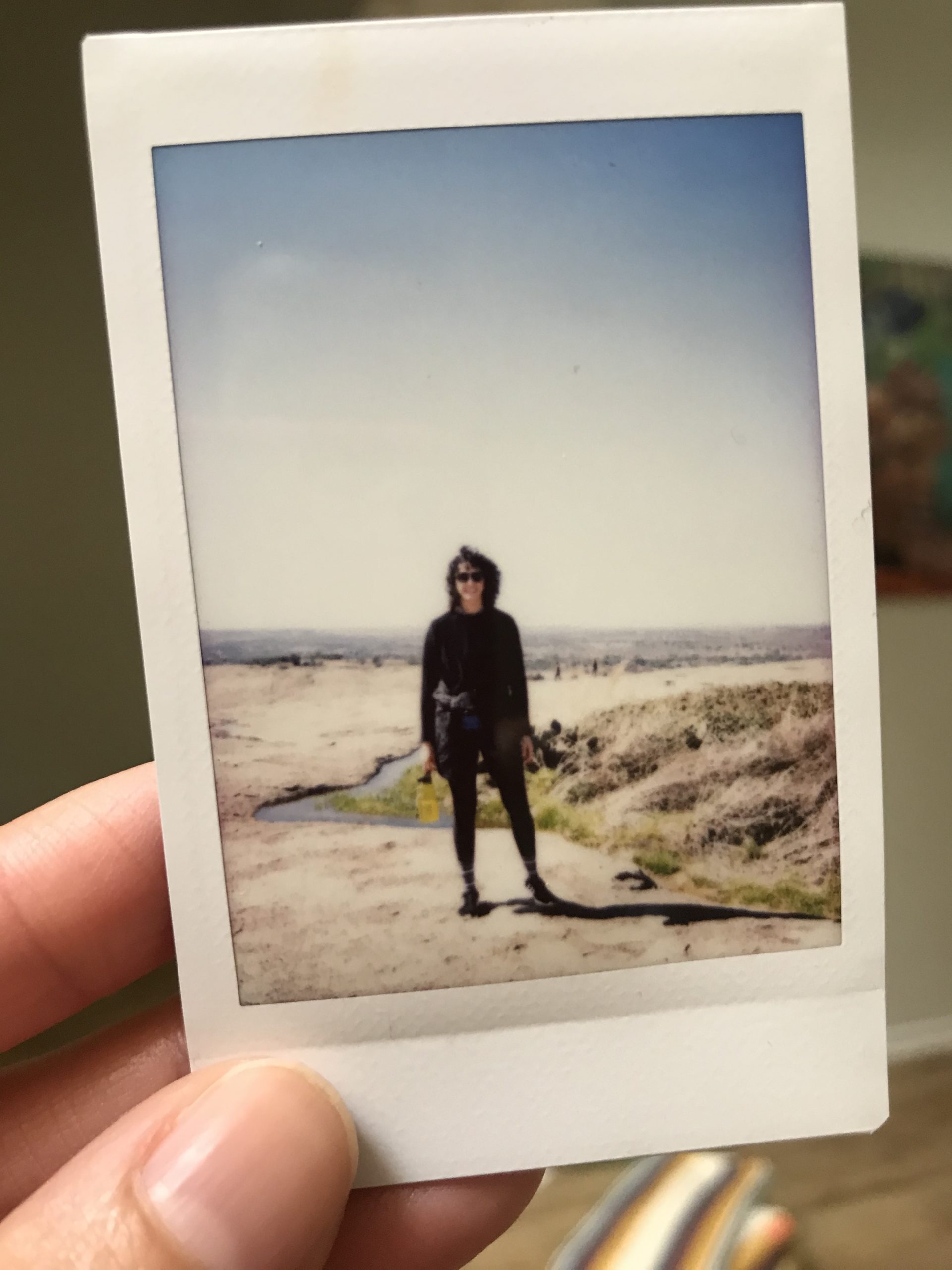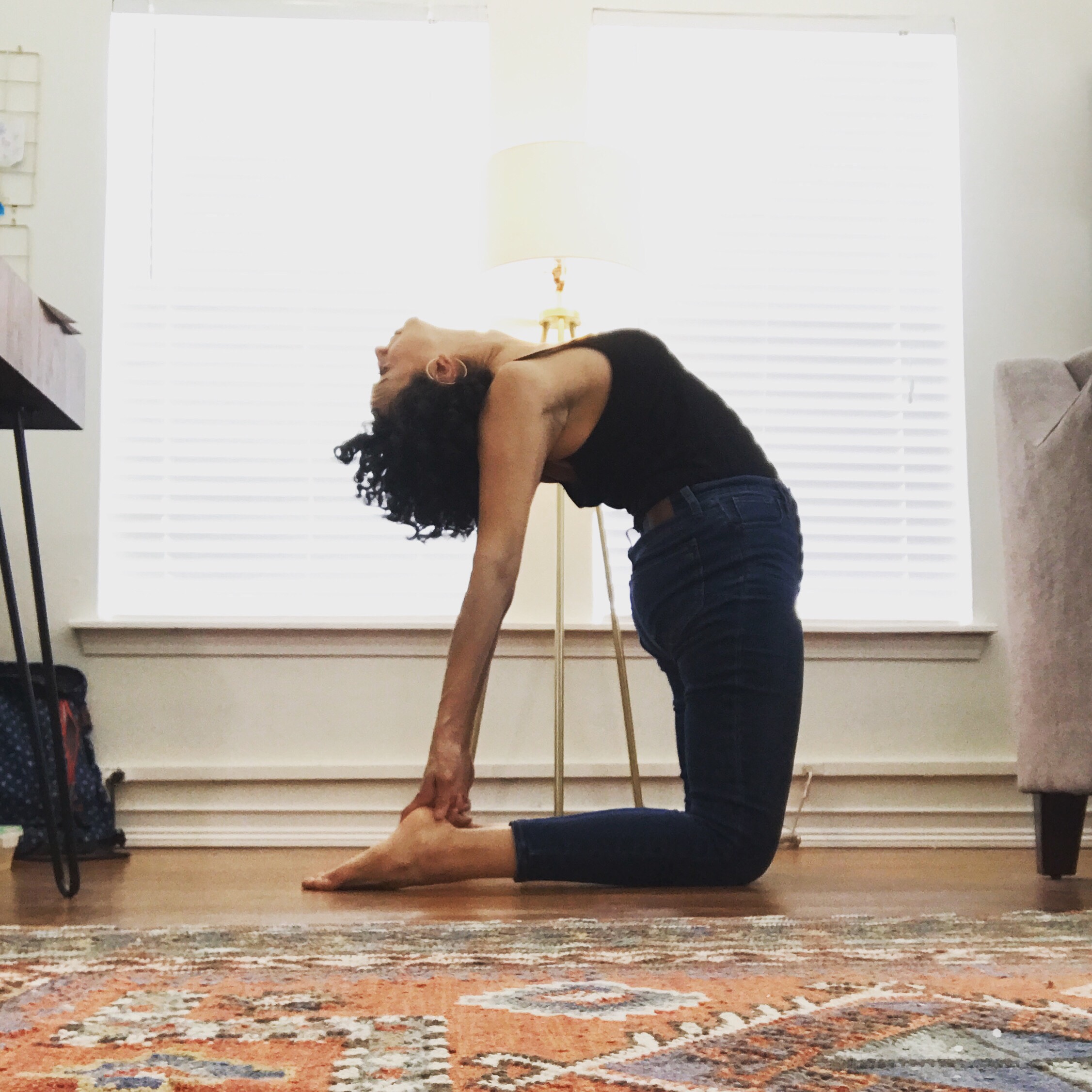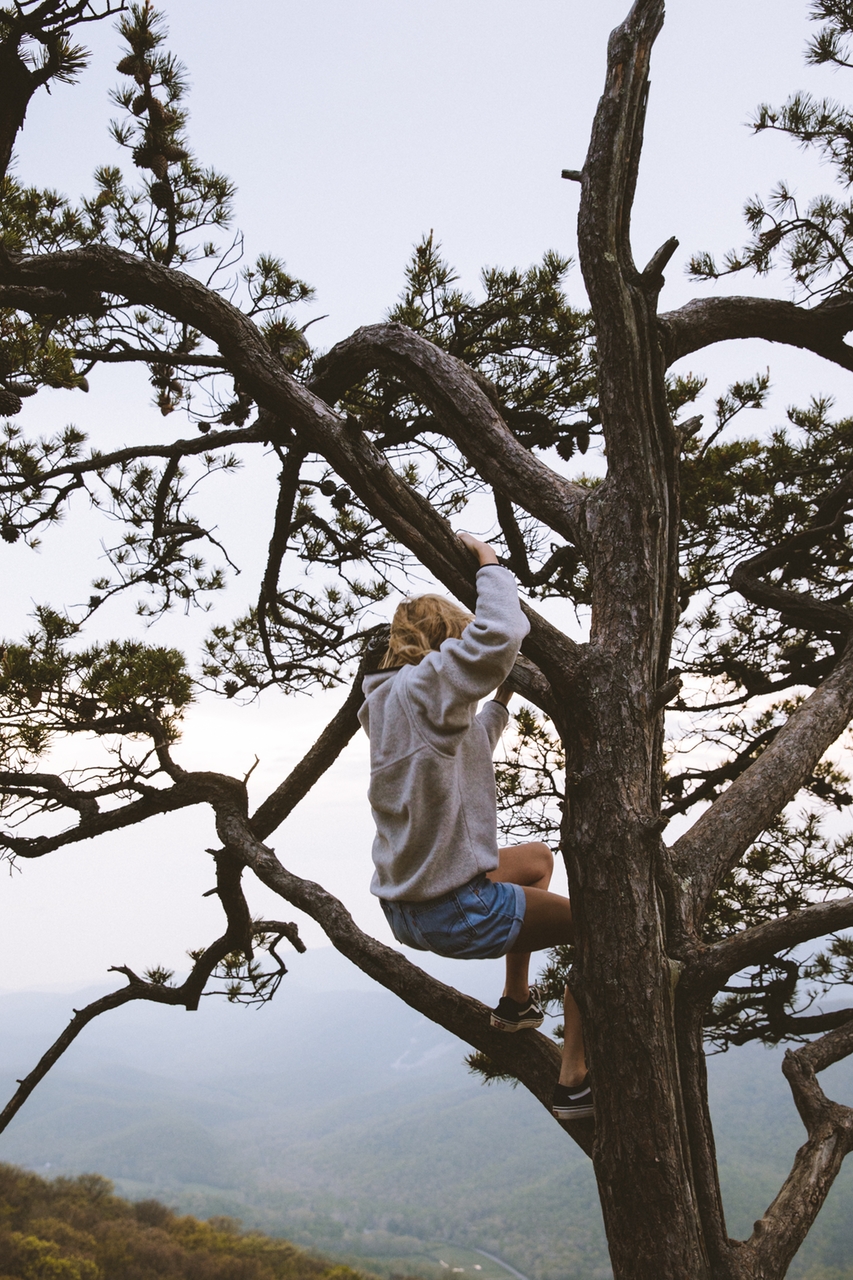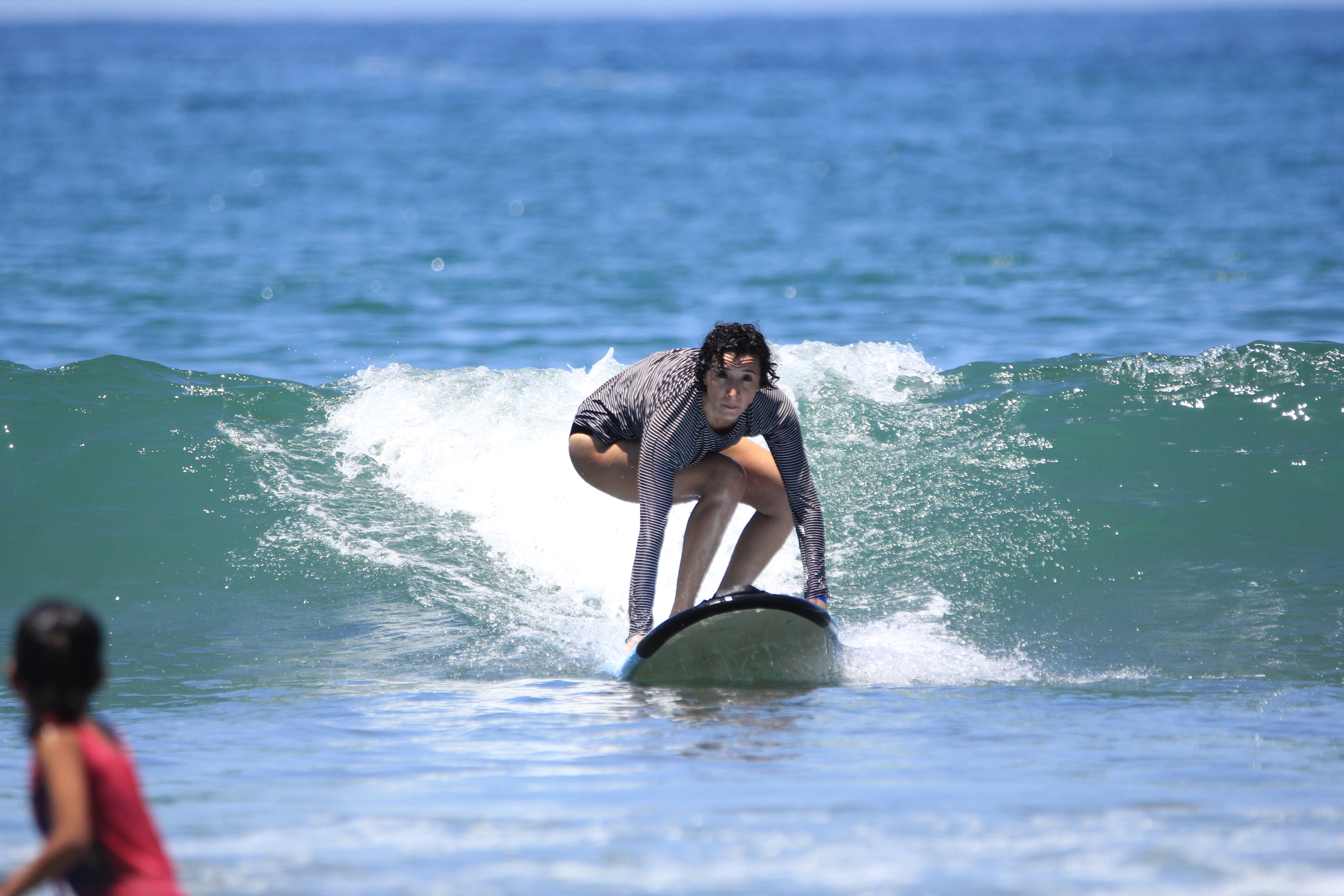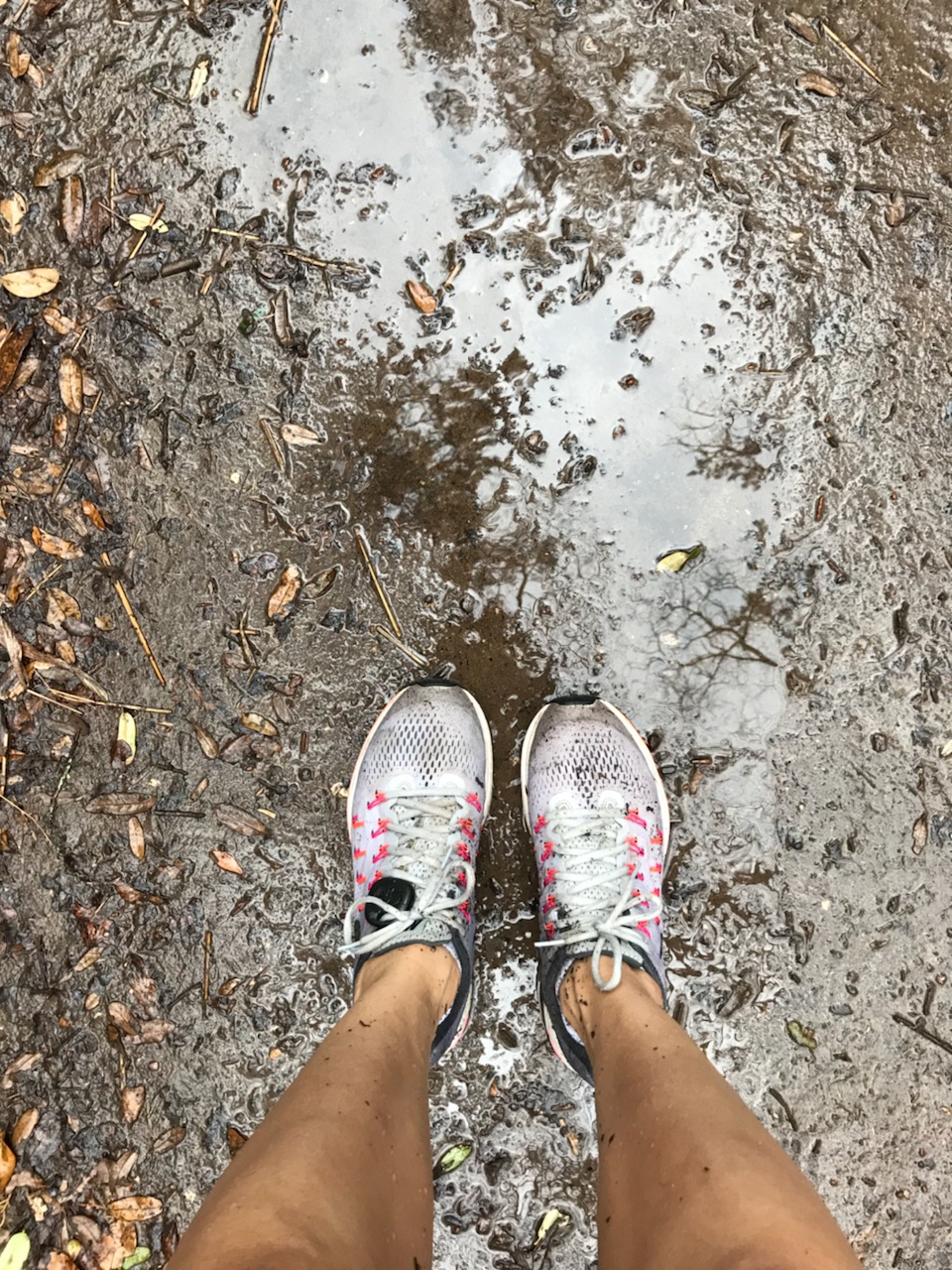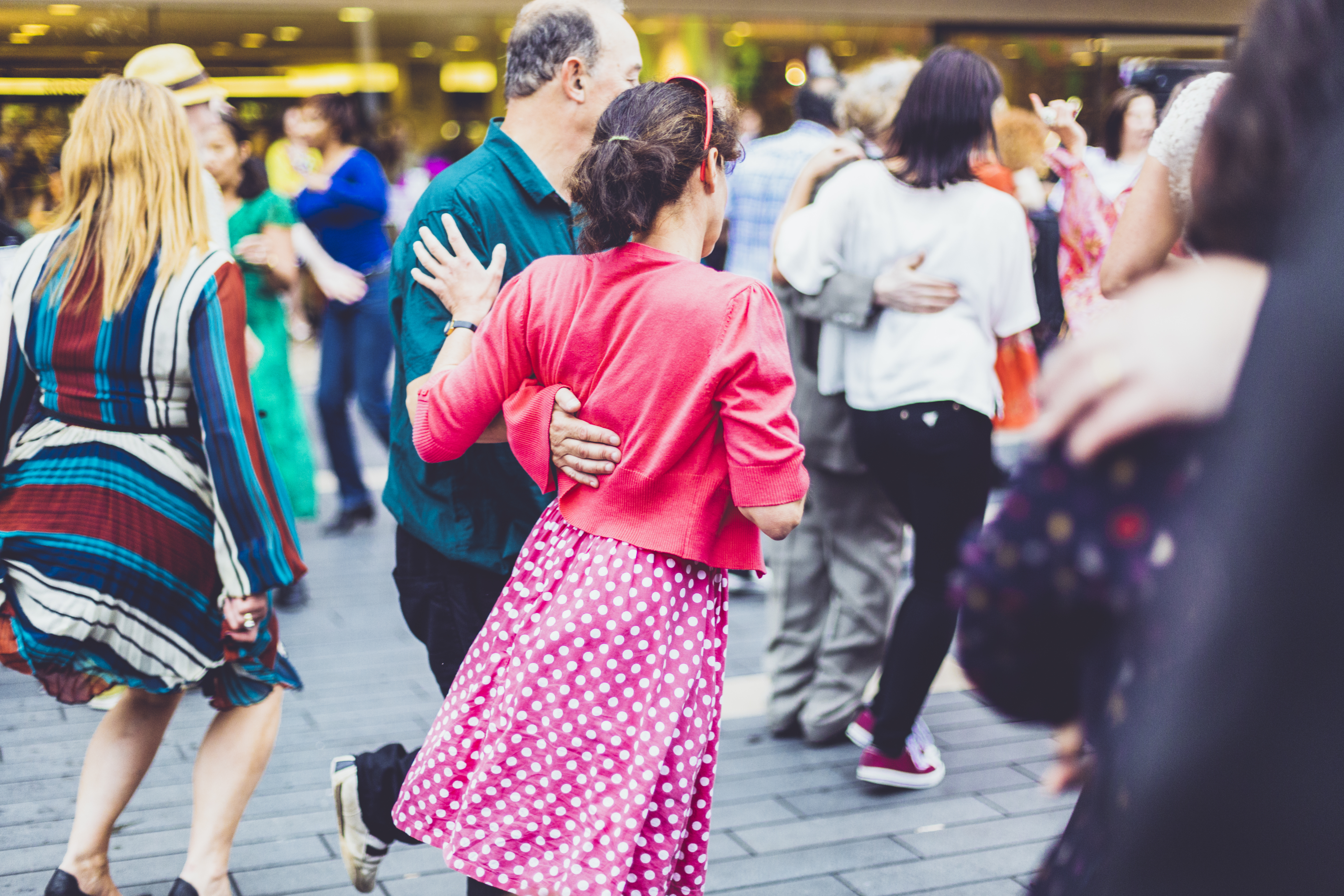
I keep declining the invitation to slow down and practice stillness. I can hear the thoughts come easy like a cool breeze through an open window, “not now”, “maybe later”, “after I do this thing”, etc. It makes me sad to think about because the invitation is actually to be with myself. I hear another thought “But I’m with me all the time!” It reminds me of putting my kiddo to bed last night. I’m reading through a work email and she fusses at me to put down my phone to give her my full attention. I know that she’s right and I get irritated because I still want to be right.
Eventually, I surrender to the moment and accept the invitation. I step away from the never ending to-do list and I start to slow down. First, I get water and I realize I haven’t had any all day. Next, I journal. If I’m going to show up, I’m not bringing this freight train of thoughts with me. With each step I get closer to myself and further away from everything else. My senses get a little more alert. I can now notice my breathing and gently guide it to be slower and steadier than before. Sometimes things happen when I get still, sometimes nothing happens. Either way, I’m happy to have shown up.
Give yourself permission to ease into stillness over time and with practice. Accept the invitation as often as you can. When you accept, you build a relationship with yourself that is rooted in trust and patience.
If you’d like to have access to additional resources on topics like this, please make sure that you are signed up for my newsletter (scroll to the bottom of the page to sign up). I’ll be launching a new series in a few weeks!

